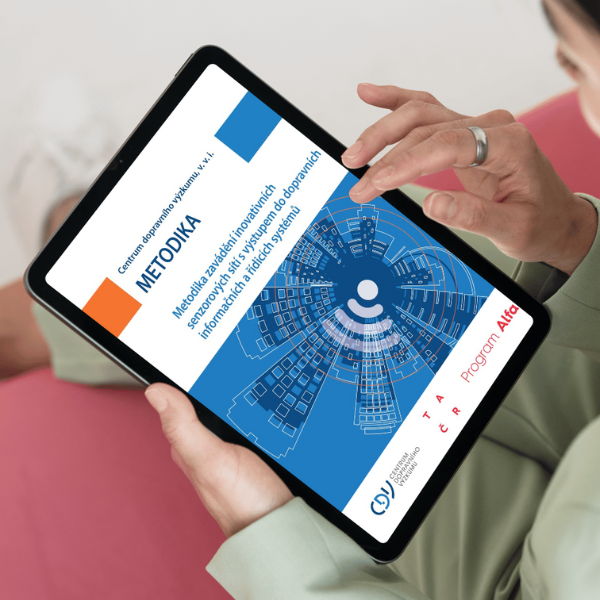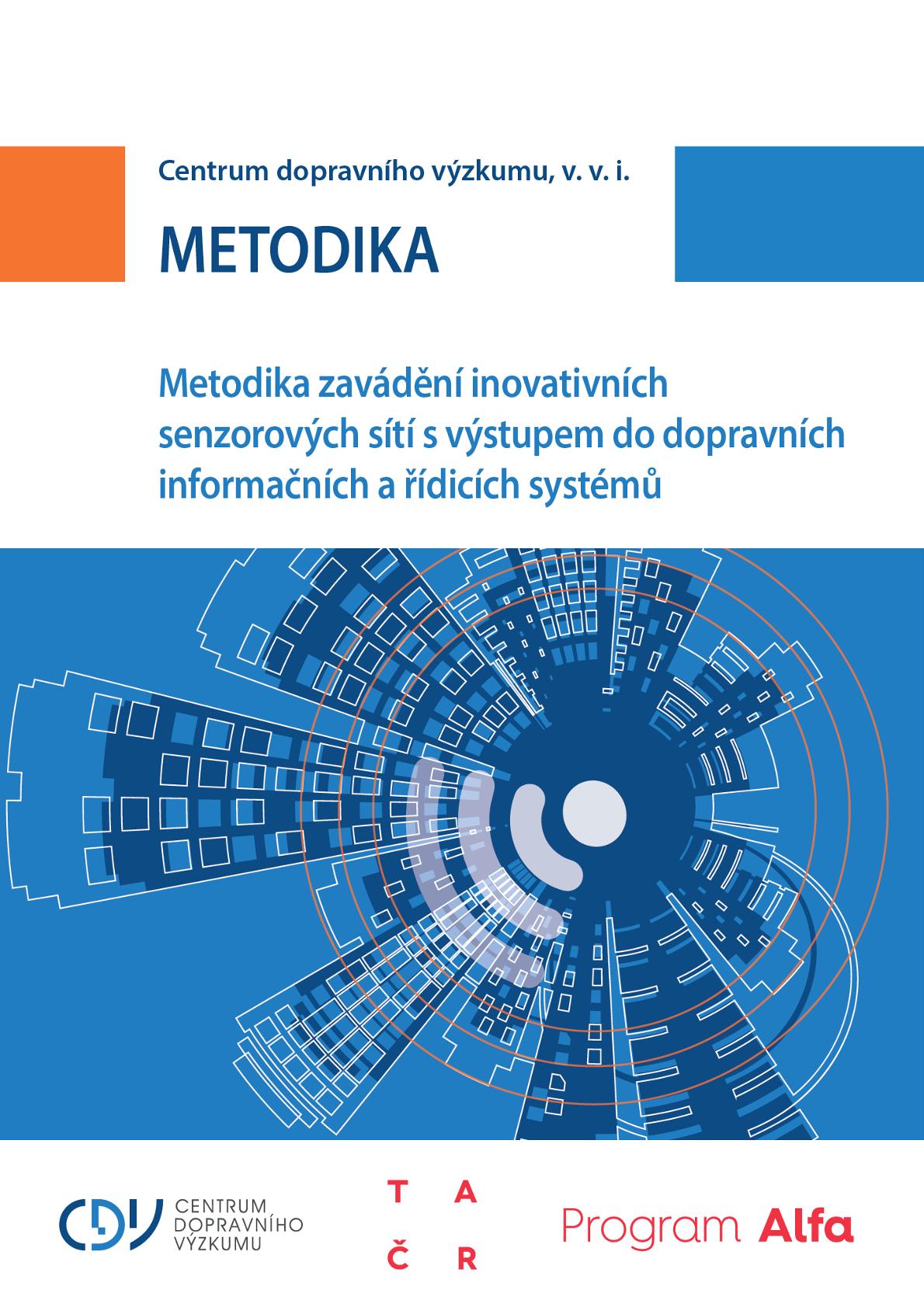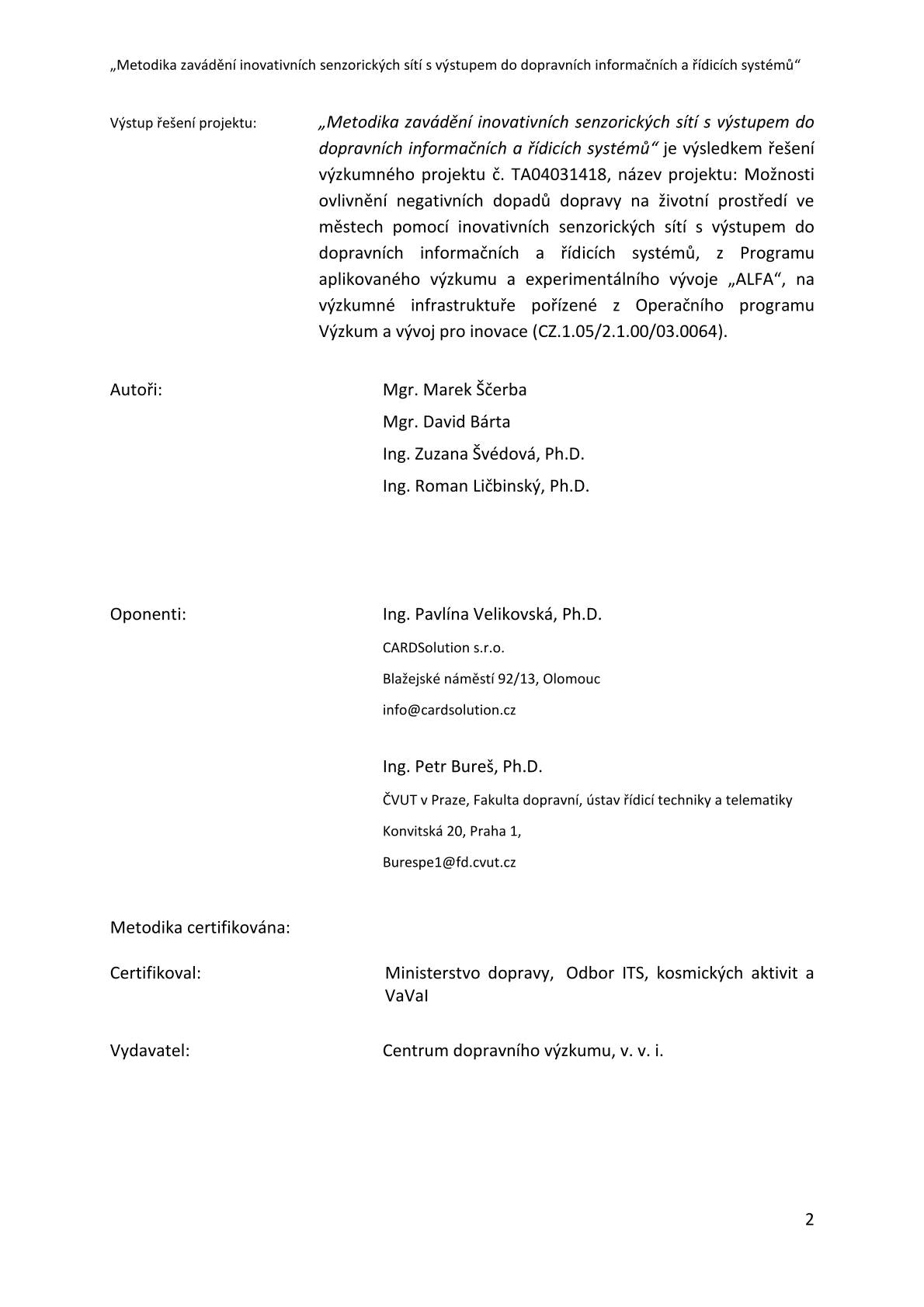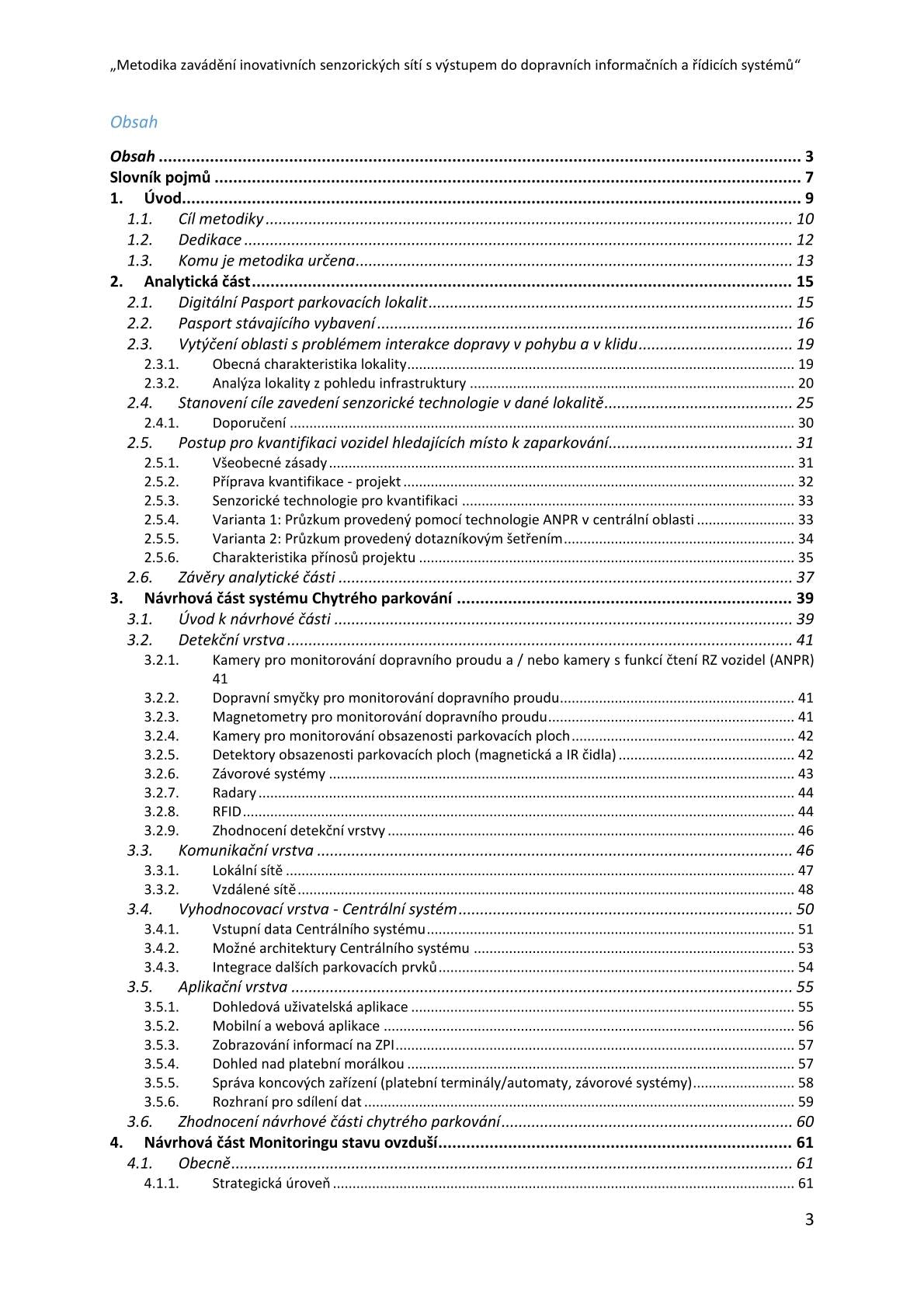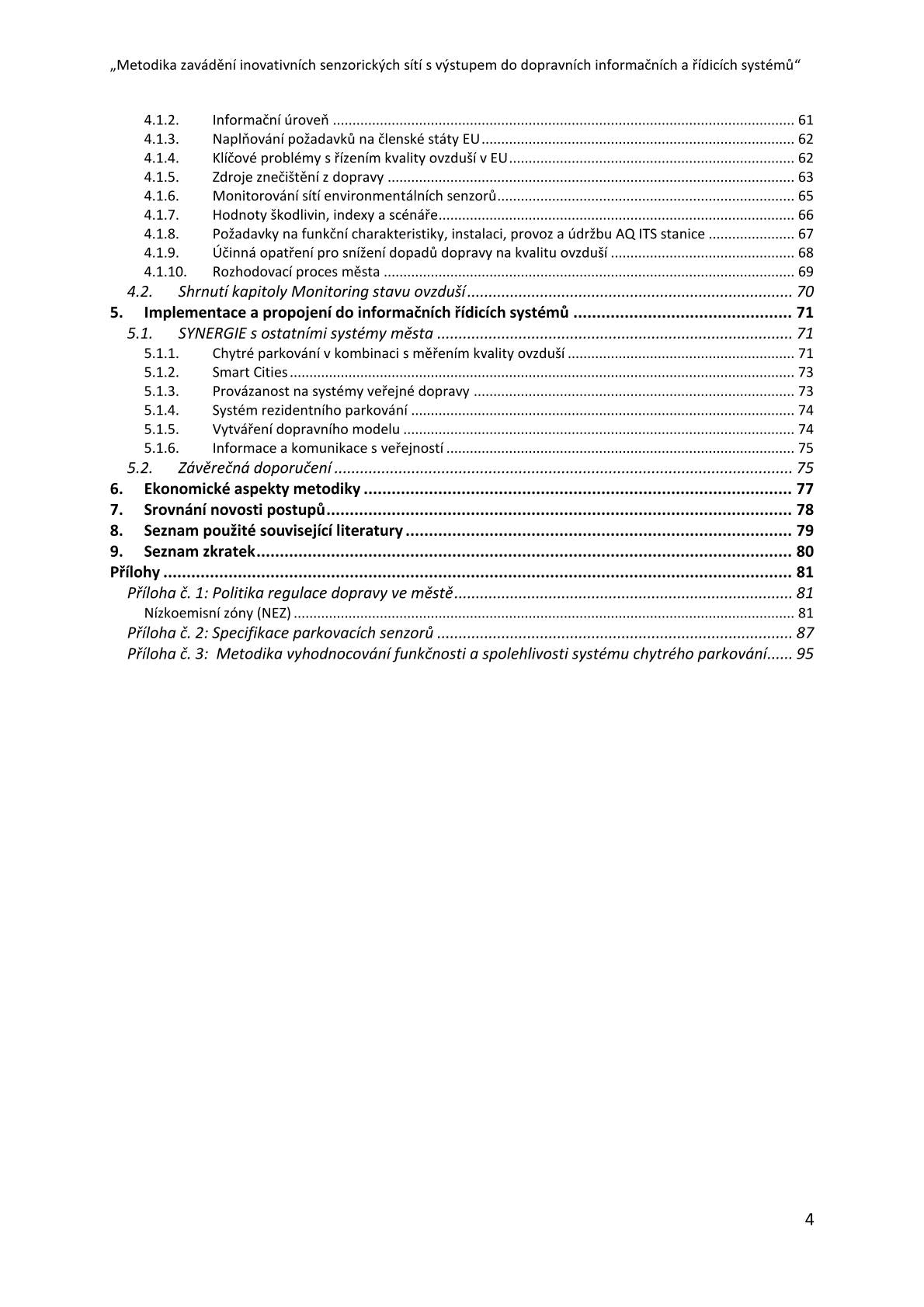E-book
Methodology for introducing innovative sensor networks with output to traffic information and control systems
Methodology for introducing innovative sensor networks with output to traffic information and control systems
Couldn't load pickup availability
The aim of this methodology is to provide a framework procedure for introducing innovative sensor networks (primarily networks of detectors monitoring the occupancy of parking spaces in cities and networks of monitoring stations for measuring air quality), which have an output to traffic information, dispatching, or control systems.
The methodology focuses mainly on the implementation of sensor networks in places where there is a long-term problem of interaction between traffic at rest and traffic in motion.
The methodology follows the conceptual European initiative of the use of intelligent transport systems for planning low-carbon mobility in a coordinated form with the Concept of Research, Development and Innovation in the Transport Sector until 2030 and also according to the Action Plan for the Development of Intelligent Transport Systems (ITS) in the Czech Republic until 2020 (with a view to the year 2050).
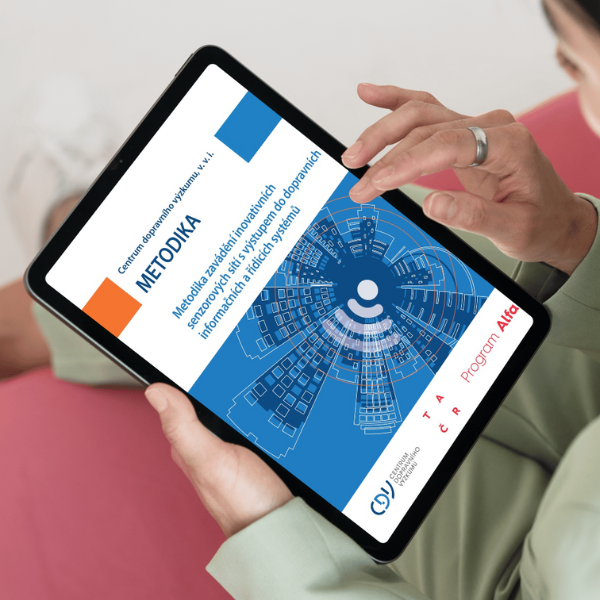
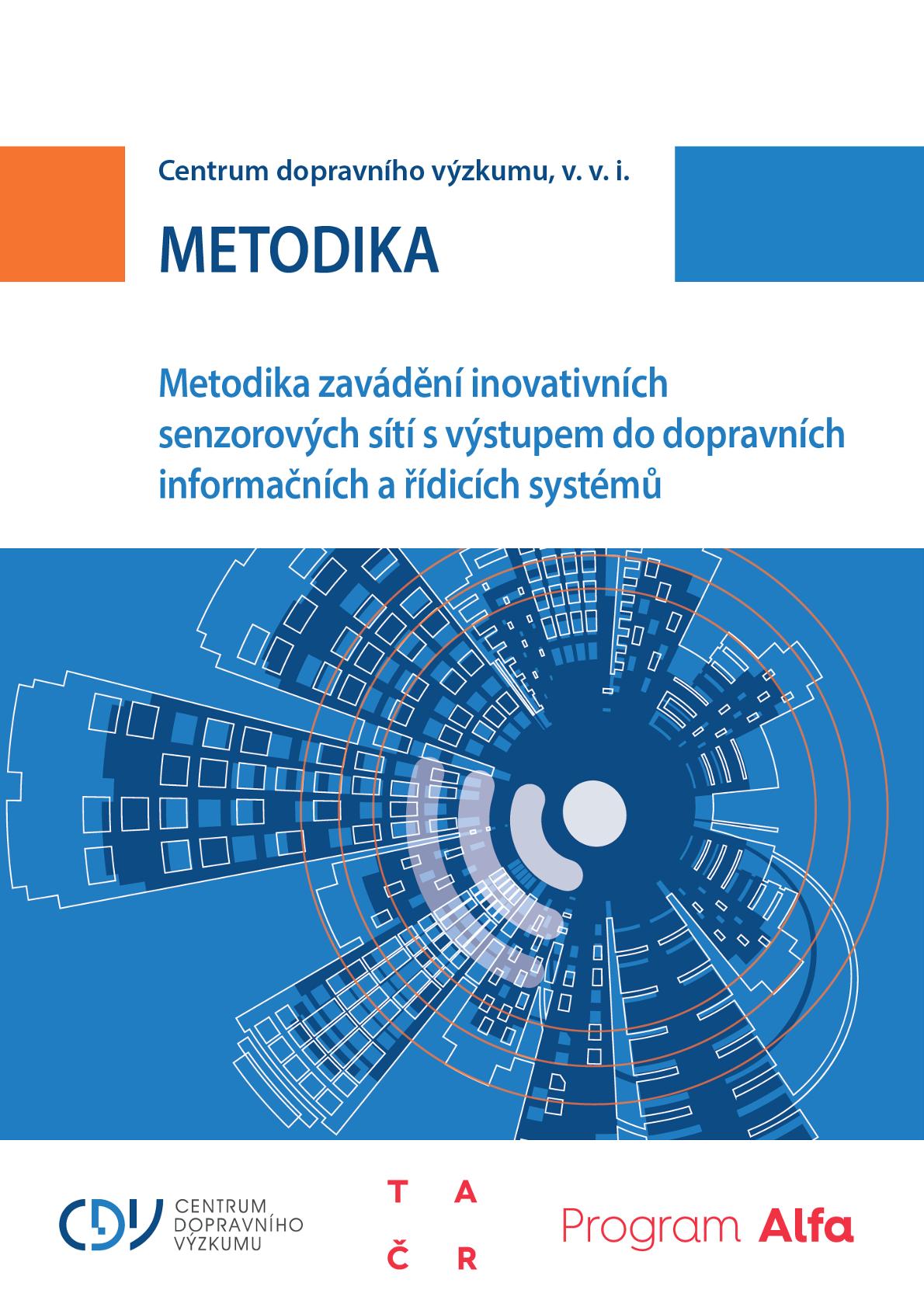
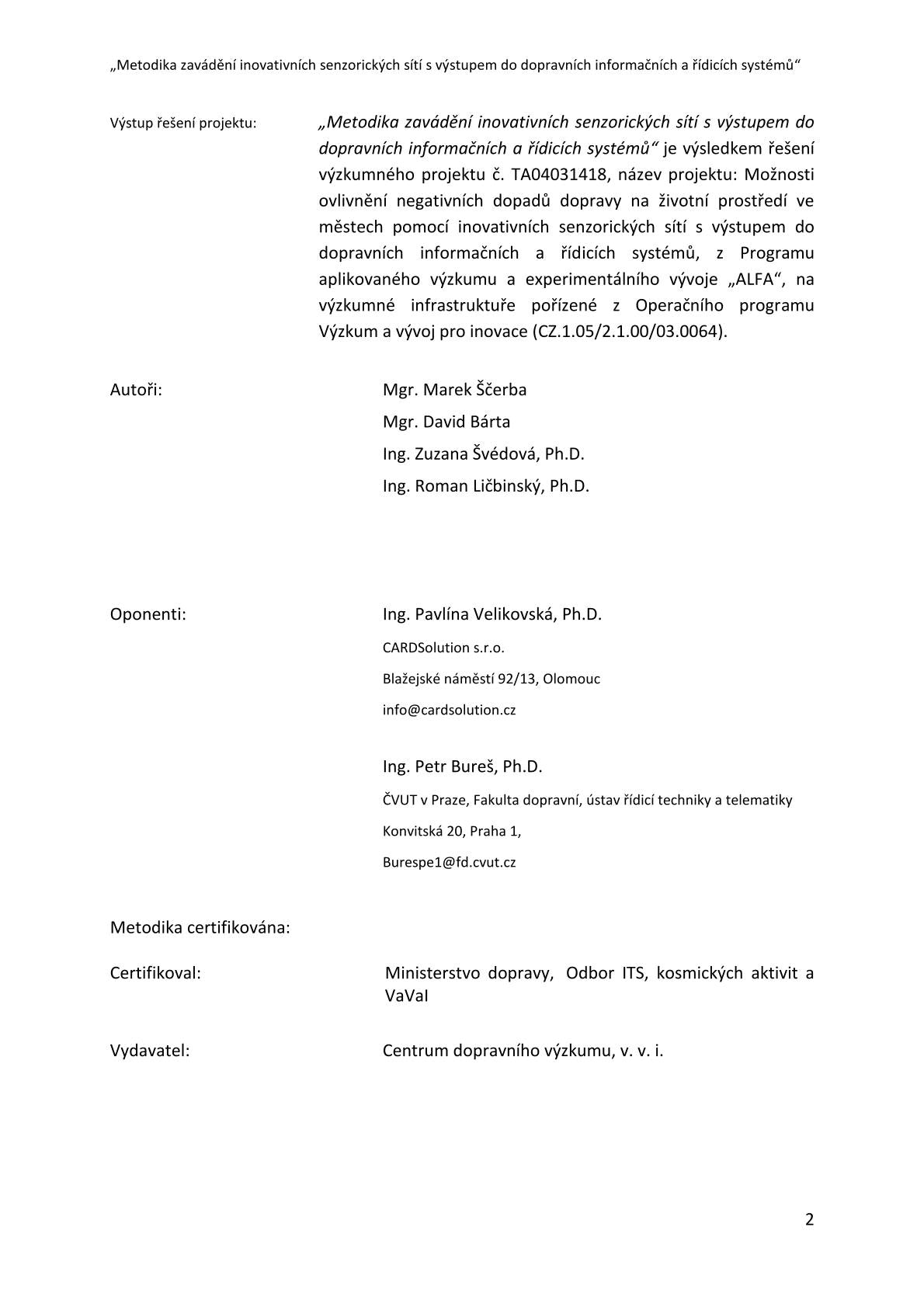
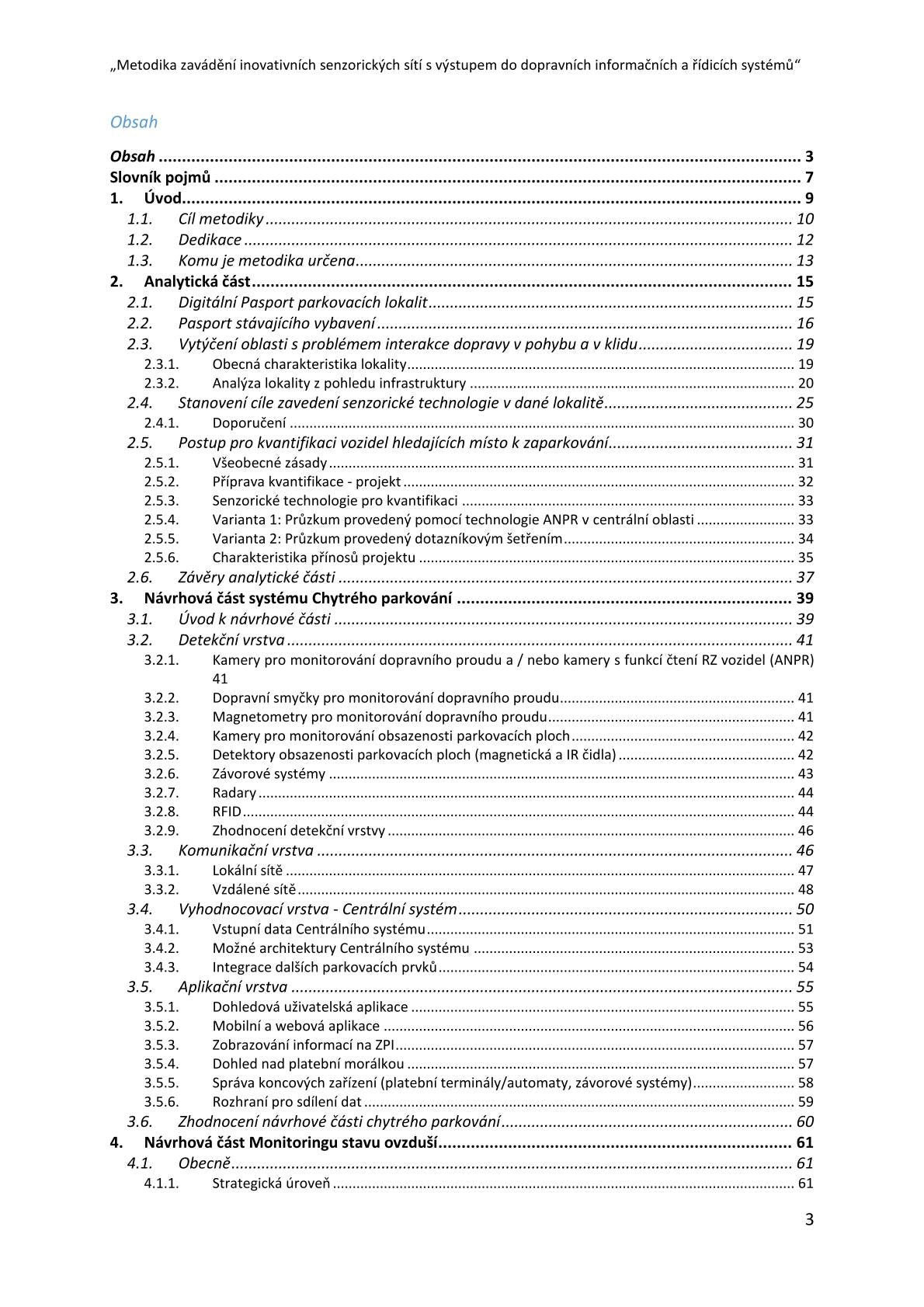
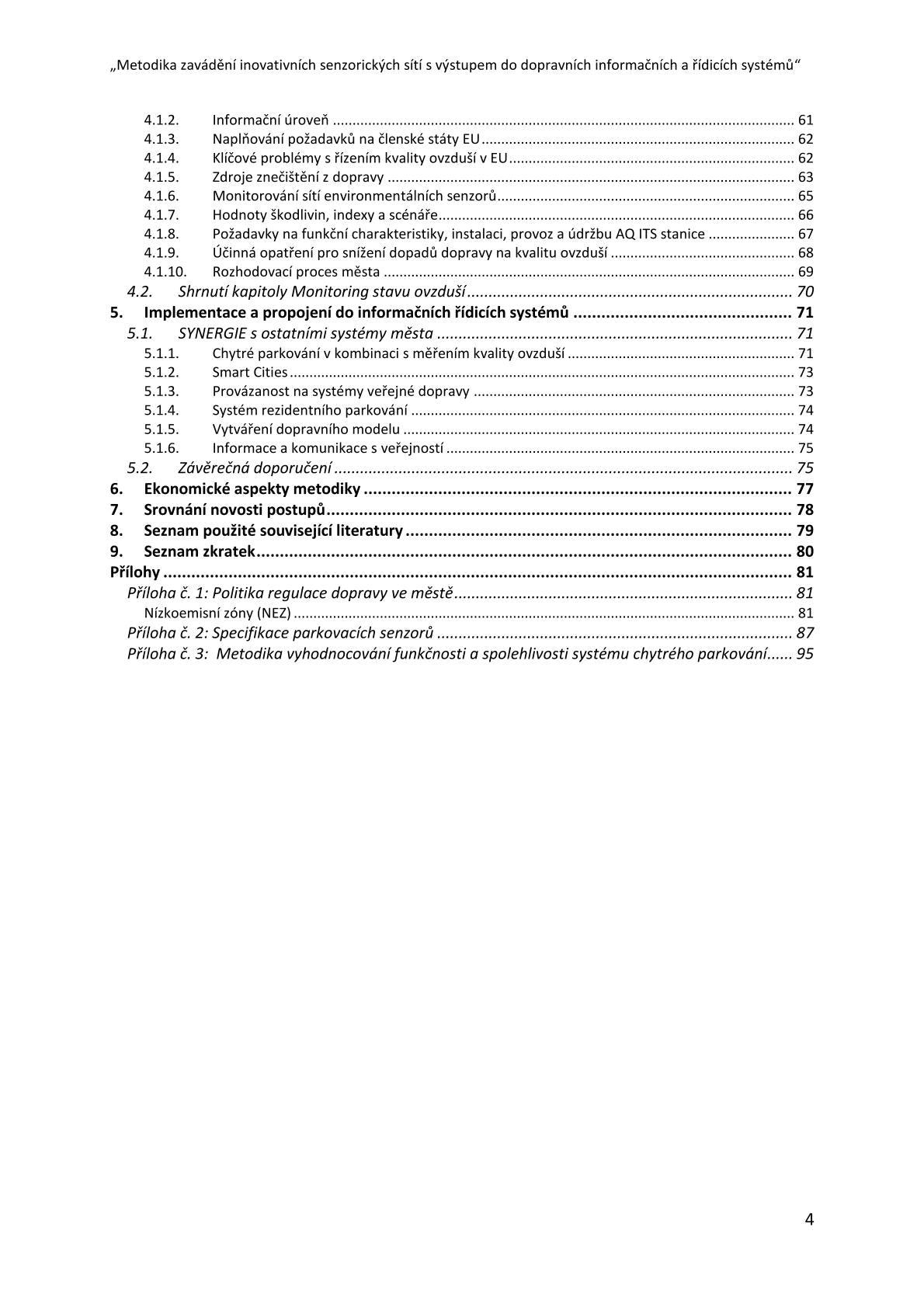
Detail
Author
- Ščerba M.
- Bárta D.
- Švédová Z.
- Ličbinský R.
Content
1. Introduction
1.1. The goal of the methodology
1.2. Dedication
1.3. Who is the methodology intended for?
2. Analytical part
2.1. Digital Passport of parking locations
2.2. Passport of existing equipment
2.3. Delineation of the area with the problem of traffic interaction in motion and at rest
2.4. Setting the goal of introducing sensory technology in a given locality
2.5. A procedure for quantifying vehicles looking for a parking space
2.6. Conclusions of the analytical part
3. Design part of the Smart Parking system
3.1. Introduction to the design part
3.2. Detection layer
3.3. Communication layer
3.4. Evaluation layer - Central system
3.5. Application layer
3.6. Evaluation of the design part of smart parking
4. Design part of the Air Quality Monitoring
4.1. In general
4.2. Summary of the chapter Monitoring the state of the air
5. Implementation and connection to information management systems
5.1. SYNERGY with other city systems
5.2. Final recommendations
6. Economic aspects of the methodology
Side dishes
Annex No. 1: Traffic regulation policy in the city
Appendix No. 2: Specifications of parking sensors
Appendix No. 3: Methodology for evaluating the functionality and reliability of the smart parking system
Dedication
This methodology was created with the state support of the Technology Agency of the Czech Republic as part of the ALFA Program, as part of the project TA04031418 Possibilities of influencing the negative impacts of traffic on the environment in cities using innovative sensor networks with output to traffic information and control systems.
www.tacr.cz
Colophon
Year of publication
2018
